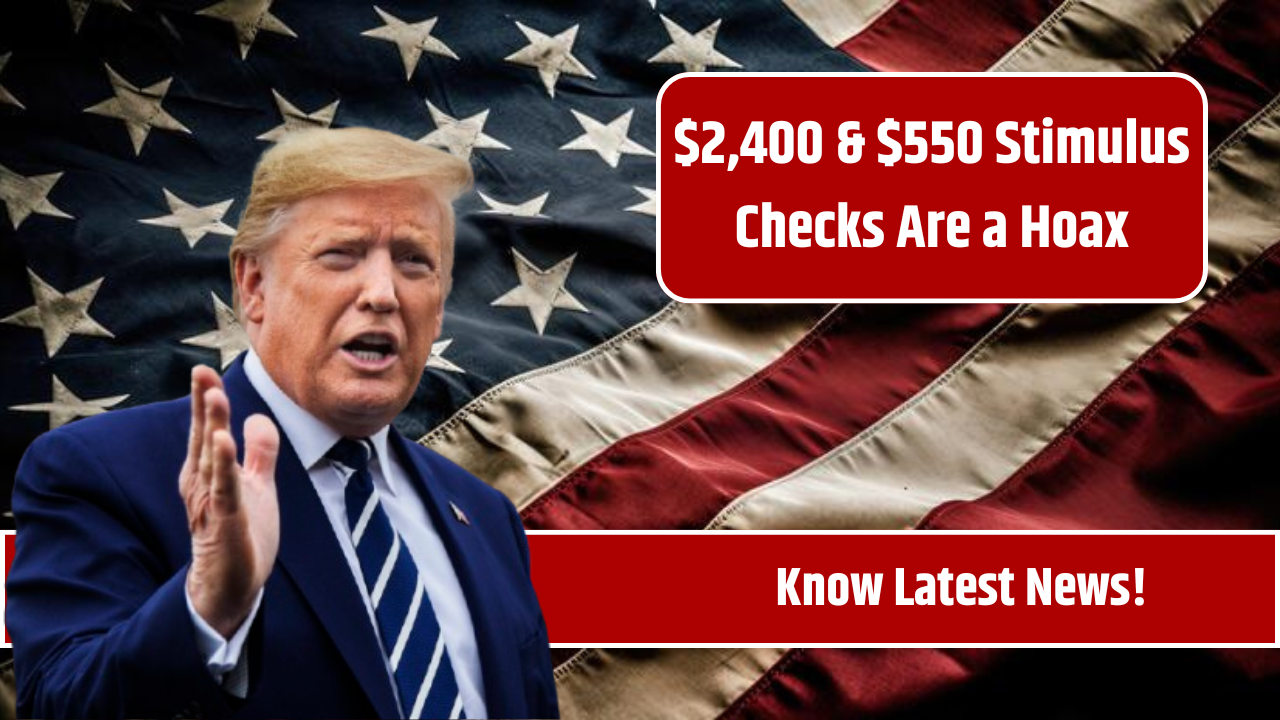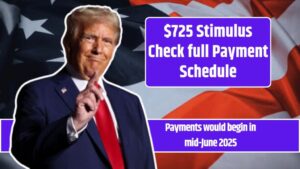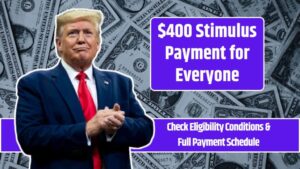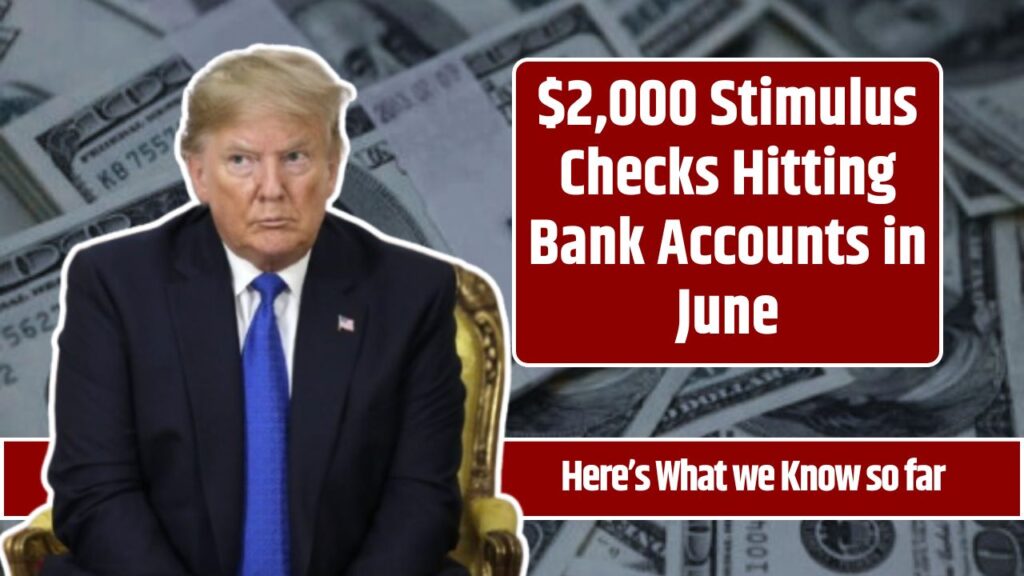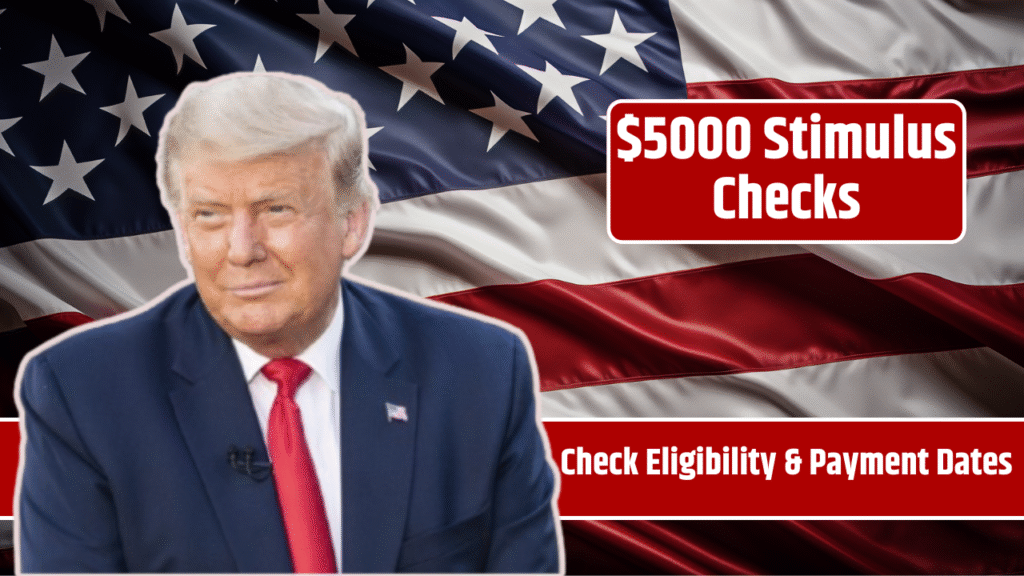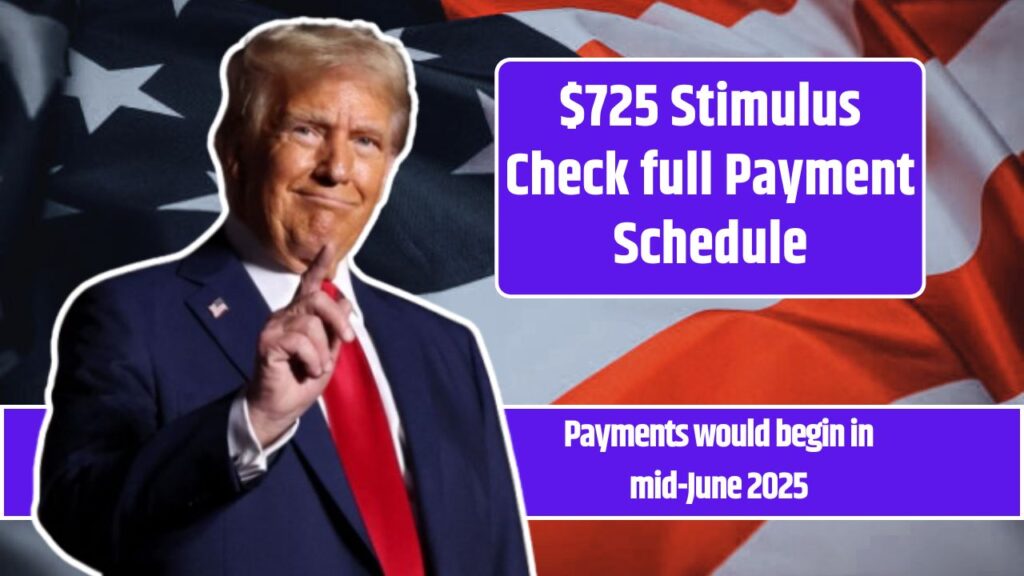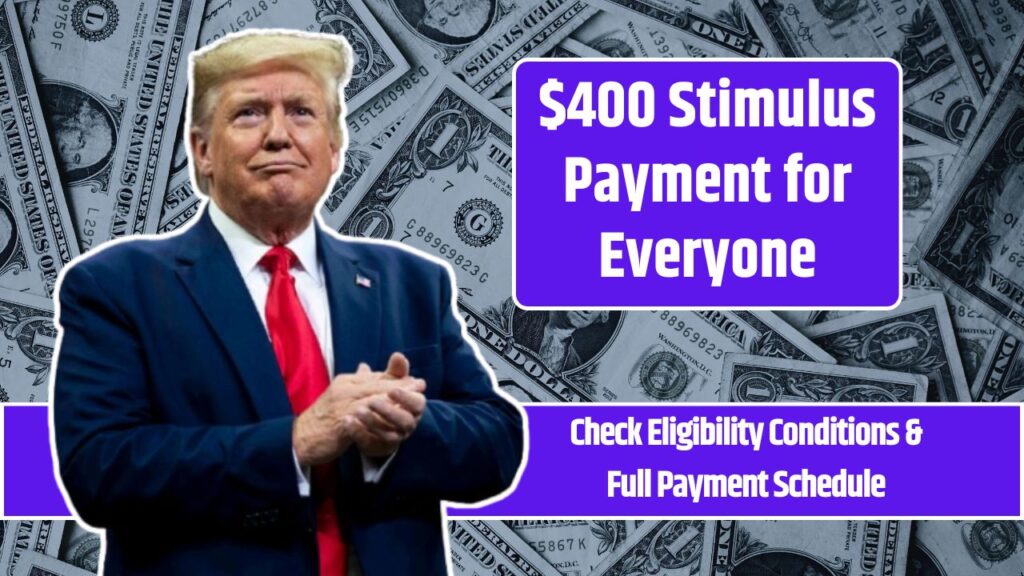Recently, news about $2,400 and $550 direct checks has caused confusion among Americans, with many believing these payments will act as financial relief in 2025. However, the IRS has clarified that no such stimulus checks are planned, and the claims circulating online are misleading.
Understanding where these rumors originated and how to differentiate fact from fiction is crucial for those seeking legitimate financial assistance.
Are $2,400 and $550 Direct Checks Real?
The idea of distributing $2,400 and $550 in direct payments stems from ongoing economic challenges, especially after the COVID-19 pandemic. Many people have been struggling with rising inflation, and such payments would offer relief.
However, there are no official plans for these payments in 2025. The IRS has not announced or approved any stimulus check program involving these amounts. Despite widespread online discussions, these figures do not come from a verified government source.
Table: Overview of the False $2,400 & $550 Direct Checks
| Department | Internal Revenue Service (IRS) |
|---|---|
| Country | USA |
| Amount | $2,400 & $550 |
| Beneficiary | No official beneficiaries |
| Eligibility Income | $87,000 to $124,500 (unverified) |
| Category | Government Aid (False Claim) |
| Official Website | irs.gov |
Latest News on the $2,400 & $550 Direct Checks
Reports claiming that Americans will receive $2,400 in monthly installments of $200 and a one-time payment of $550 are not true. There are no government plans for such financial aid in 2025.
The misinformation seems to have originated from third-party sources spreading false details about these supposed stimulus checks. Additionally, rumors suggesting that the $550 payment would qualify as a tax credit between 6% and 30% have no official backing.
IRS Statement
The IRS has explicitly denied the existence of any such stimulus plan. Citizens should be cautious of misleading news and verify information only through official government websites like the IRS and the U.S. Treasury.
False Eligibility Criteria for $2,400 & $550 Direct Checks
Despite these payments being fictional, some sources have circulated false eligibility criteria, further confusing the public. These claims suggest that recipients must:
- Be U.S. residents
- Have filed all tax forms
- Earn less than $59,187 per year
- Be 60 years or older
- Have investment income under $10,300
Since these checks do not exist, these eligibility rules are irrelevant and misleading.
No Official Payout Dates for 2025
There have been rumors that these payments would be distributed in March 2025. However, the U.S. government has not confirmed any such plans.
The IRS and government officials have made it clear that no stimulus or direct payment programs of this kind have been approved. Any reports claiming specific dates for these payments should be considered false.
How to Protect Yourself from Misinformation
With so much misleading information online, it’s essential to verify facts through trusted sources. Here’s how you can protect yourself:
Check official government websites like IRS.gov and SSA.gov for accurate information.
Ignore unverified social media posts claiming new stimulus payments.
Be cautious of scam emails or messages offering direct deposit for “upcoming stimulus checks.”
Report misinformation to authorities if you come across fraudulent claims.
If the government announces any future financial aid, they will provide clear guidelines on eligibility, application processes, and payment dates through official channels.
Final Thoughts
The $2,400 and $550 direct checks are not real—they are part of a widespread misinformation campaign. While many Americans are hoping for financial relief, no such payments have been planned or approved for 2025.
To stay informed, always refer to trusted government sources and avoid falling for misleading news. If any future stimulus checks are introduced, they will be officially announced by the IRS and other federal agencies.
FAQs:
Will the IRS send $2,400 and $550 direct checks in 2025?
No, the IRS has confirmed that no such payments are planned for 2025. These claims are false.
Where did the rumors about these direct checks come from?
The misinformation appears to have originated from third-party sources spreading false details about stimulus payments.
What should I do if I receive an email or message about these checks?
Do not respond to or share unverified information. Always check IRS.gov for official updates.

